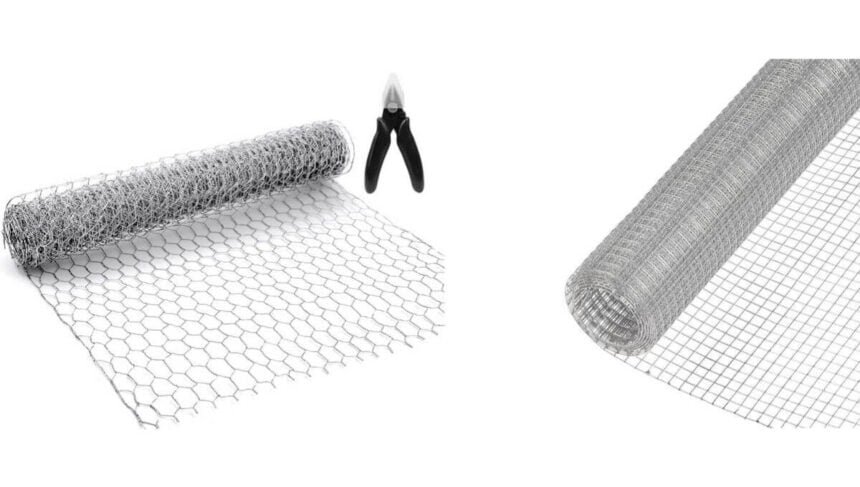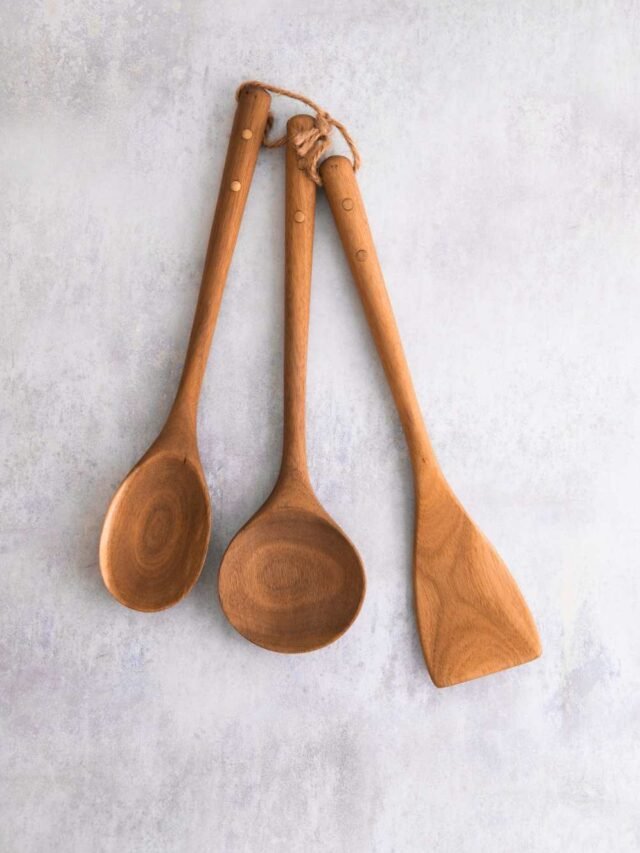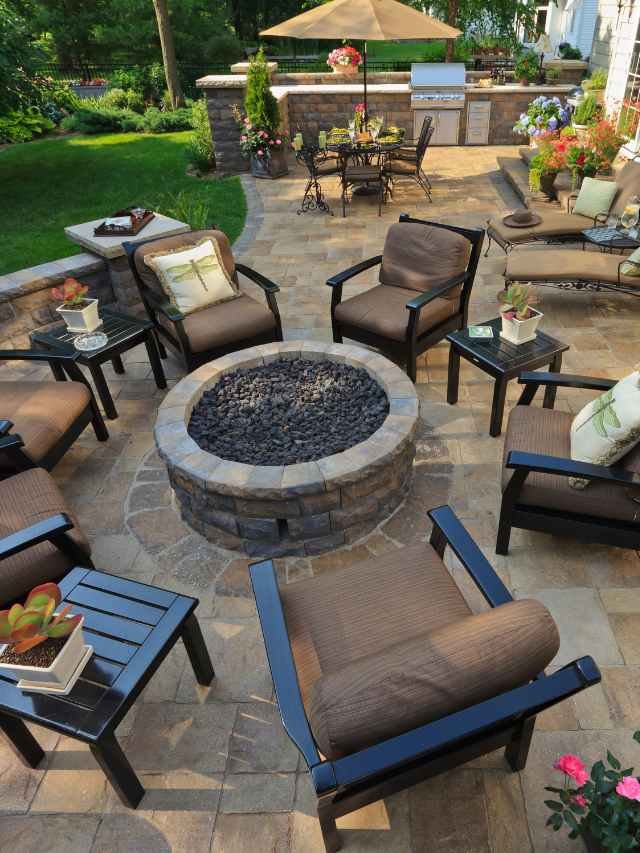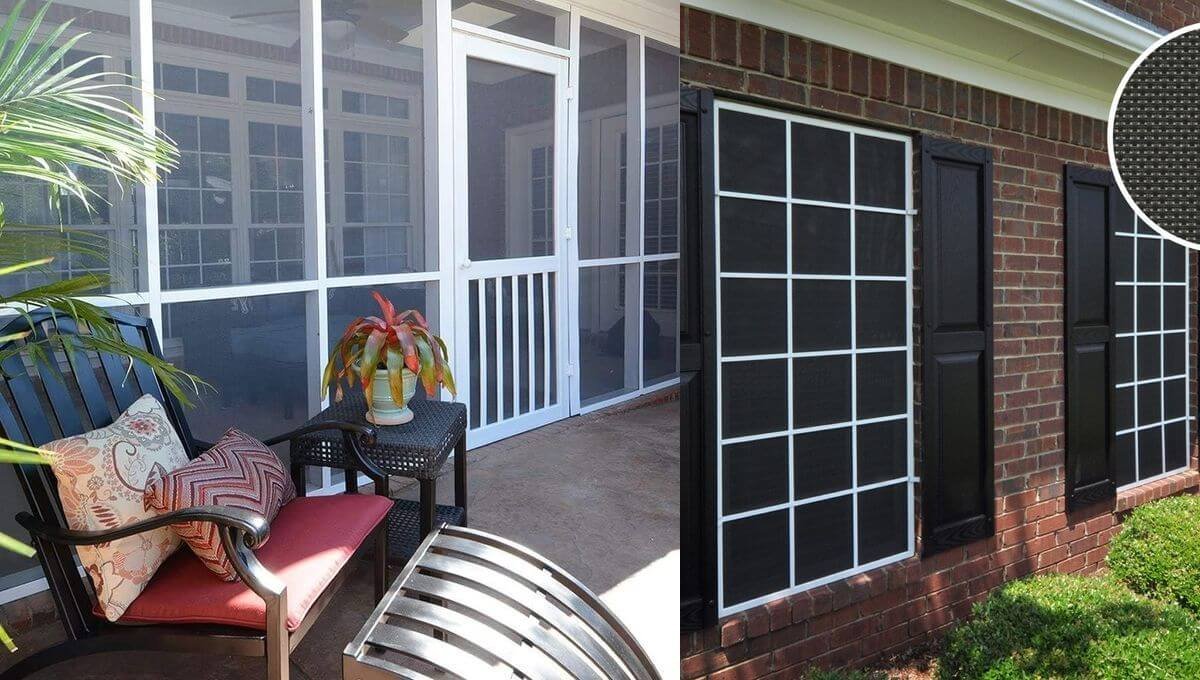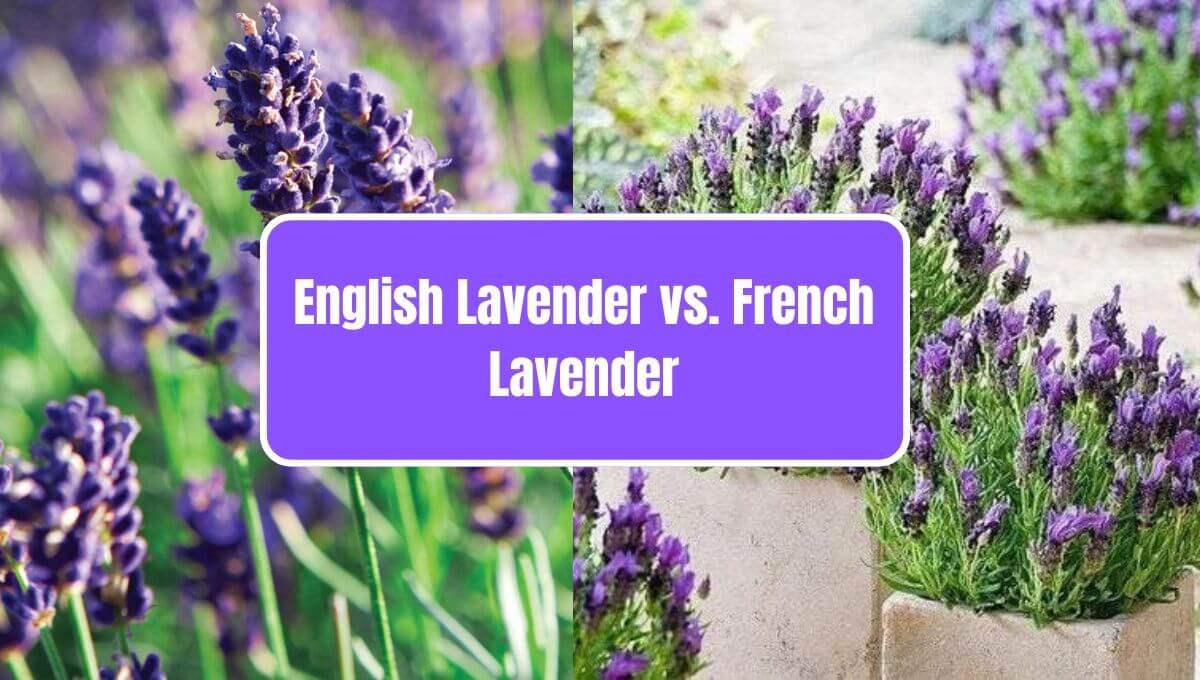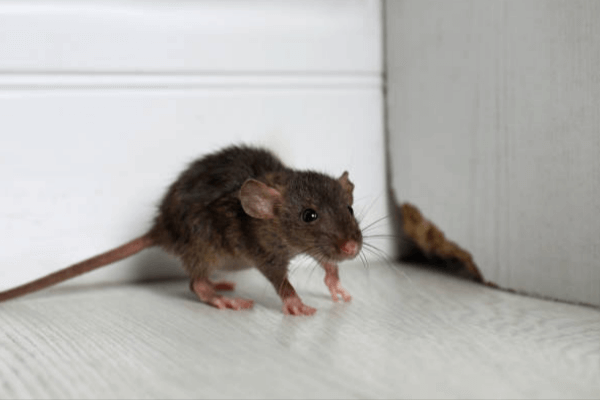When setting up a garden, building an animal enclosure, or working on a DIY project, choosing the right type of fencing material is crucial.
Among the many options available, hardware cloth and chicken wire are two popular choices. While they may seem similar at first glance, they have distinct differences that make each suited for specific purposes.
Understanding these differences will help you make an informed decision for your next project.
Fencing materials like hardware cloth and chicken wire are often used interchangeably by many people, but they are far from being the same.
These materials serve different purposes, have varying strengths, and come with unique features that make them suitable for specific applications.
Knowing which one to use can save you time, money, and effort, ensuring that your project meets its intended goals.
This article will explore the key differences between hardware cloth and chicken wire, helping you choose the right material for your needs.
What is Hardware Cloth?
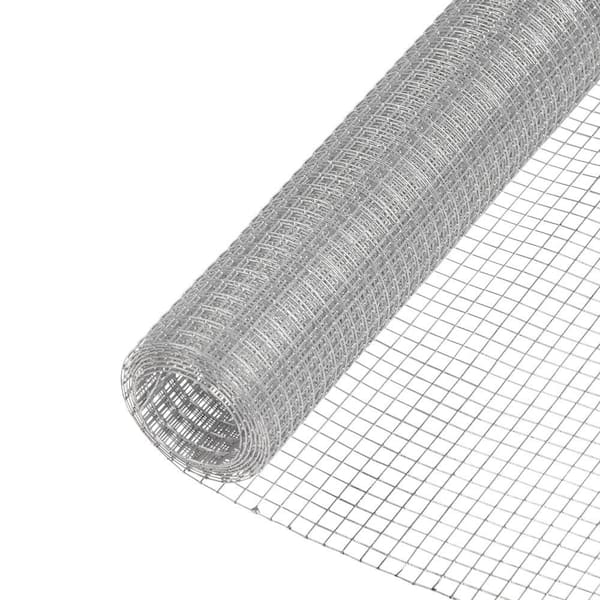
Hardware cloth is a type of welded wire mesh that is strong and durable. It is made from metal wire, which is welded at the intersections to form a tight grid. Here are some important features of hardware cloth:
- Material: Typically made from galvanized steel or stainless steel.
- Mesh Size: Comes in various sizes, from 1/8 inch to 1/2 inch, providing options for different levels of security.
- Durability: Highly resistant to corrosion and rust, especially when galvanized.
- Strength: Very strong, capable of withstanding significant force without bending or breaking.
Uses of Hardware Cloth
Hardware cloth is used in a variety of applications due to its strength and durability:
- Garden Fencing: Protects plants from small animals and pests.
- Animal Enclosures: Suitable for constructing sturdy cages for rabbits, chickens, and other small animals.
- Home Improvement: Used in screen doors, gutter guards, and ventilation screens.
- Construction: Reinforces concrete structures and provides security barriers.
What is Chicken Wire?

Chicken wire, also known as poultry netting, is a type of woven wire mesh. It is lighter and more flexible than hardware cloth. Key characteristics of chicken wire include:
- Material: Made from thin, flexible galvanized steel wire.
- Mesh Size: Usually has larger hexagonal openings, typically 1 inch to 2 inches.
- Durability: Less durable than hardware cloth; prone to rusting over time.
- Flexibility: Can be easily bent and shaped to fit various forms.
Uses of Chicken Wire
Chicken wire is commonly used for less demanding applications:
- Poultry Enclosures: Ideal for containing chickens and other birds, allowing them to roam while keeping them within a designated area.
- Garden Protection: Can be used to create temporary barriers to keep larger pests like rabbits and deer out.
- Craft Projects: Used in sculpture and other artistic endeavors due to its flexibility.
- Light Fencing: Suitable for temporary or low-security fencing needs.
Key Differences Between Hardware Cloth and Chicken Wire
Understanding the differences between hardware cloth and chicken wire can help you choose the right material for your specific needs. Here’s a detailed comparison:
| Feature | Hardware Cloth | Chicken Wire |
|---|---|---|
| Material | Galvanized or stainless steel | Galvanized steel |
| Mesh Size | Small, tight grid (1/8 inch to 1/2 inch) | Larger hexagonal openings (1 inch to 2 inches) |
| Strength | High | Moderate |
| Durability | Excellent resistance to corrosion and rust | Prone to rusting over time |
| Flexibility | Rigid | Very flexible |
| Uses | Heavy-duty applications (gardens, enclosures) | Light-duty applications (poultry, crafts) |
| Cost | Generally more expensive | Typically less expensive |
Which One Should You Choose?
The choice between hardware cloth and chicken wire depends on your specific needs and project requirements. Here are some considerations to help you decide:
Choose Hardware Cloth If:
- You need a durable, long-lasting material.
- You are building a structure that requires high strength and rigidity.
- You are protecting against small, persistent pests.
- You want a material that can withstand outdoor elements without rusting.
Choose Chicken Wire If:
- You need a flexible material that is easy to shape.
- You are creating a temporary or low-security barrier.
- You are working on a craft or artistic project.
- You are on a tight budget and need a cost-effective solution.
Practical Tips for Using Hardware Cloth and Chicken Wire
When working with either material, keep the following tips in mind:
- Safety First: Wear gloves to protect your hands from sharp edges.
- Proper Tools: Use wire cutters for clean cuts and pliers for bending and shaping.
- Secure Fastening: Ensure that both hardware cloth and chicken wire are securely fastened to prevent gaps and sagging.
- Maintenance: Check regularly for signs of wear and tear, especially with chicken wire, and make repairs as needed.
Related: Tips to Keep Your House Cool and Your Bills Low in This Summer
The Bottom Line
Choosing between hardware cloth and chicken wire boils down to understanding the strengths and limitations of each material. Hardware cloth offers superior strength, durability, and security, making it ideal for heavy-duty applications.
On the other hand, chicken wire provides flexibility, ease of use, and cost-effectiveness, suitable for lighter, temporary projects.
By considering your specific needs, you can select the right material to ensure the success and longevity of your project.
In any case, whether you’re building a garden fence, an animal enclosure, or embarking on a creative endeavor, knowing the difference between hardware cloth and chicken wire will empower you to make the best choice.
So, assess your requirements, pick the right material, and get started on your project with confidence.

